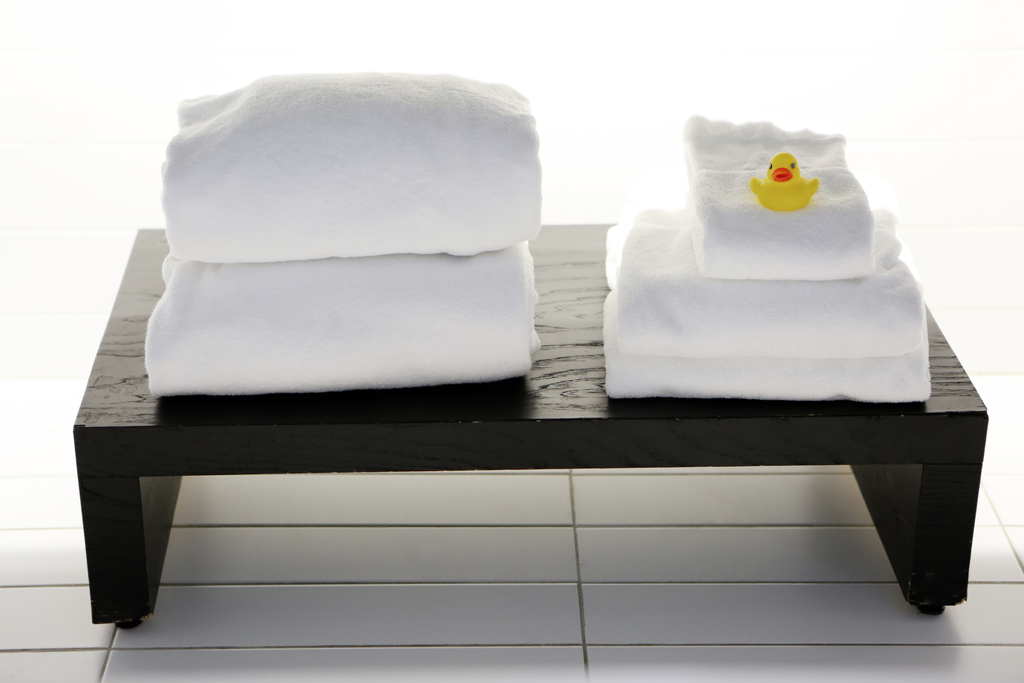Ethics in the Spa Environment
Posted on: September 28, 2018

Spas have risen in popularity, leading to greater chances for people working as licensed massage therapists. A day spa does wonders for the foundation of a future career or even just as a supplementary source of income for private practitioners. A long-term spa job can be a comfortable angle for any massage therapist, be they a mere spa student or a seasoned professional.
Licensed massage therapists must always uphold their profession's standard practices and also their personal code of ethics. They understand the boundary lines involved in whatever setting they choose to work in. Here are two key elements and some examples of each.
Honoring Confidentiality.
Never betray the confidence your clients give you. Much like with lawyers or psychologists, nothing a client reveals during a session should ever be mentioned to others without that client's permission unless the client reveals information that could be dangerous or harmful to others or constitute as self-harming.
An example: During a session, your client shares a proprietary recipe with you. You can neither share that recipe nor write it down unless he okays it. However, if he were to mention the recipe included arsenic, you should immediately inform others, the news, and the police.
Respecting Boundaries
Boundaries are the arbiter of what is and are not acceptable. While most therapists are confident in their comprehension of these boundaries, trouble arises when treating clients that do not know what is acceptable for a session, either through willful ignorance or arrogance. It is important for you and your client to be on the same page when it comes to a massage.
Examples: Signal what is allowed by frankly discussing what the client wants from a session. You could provide orientation sheets for new clients, establishing your code of ethics, state regulations and what you expect from sessions.


